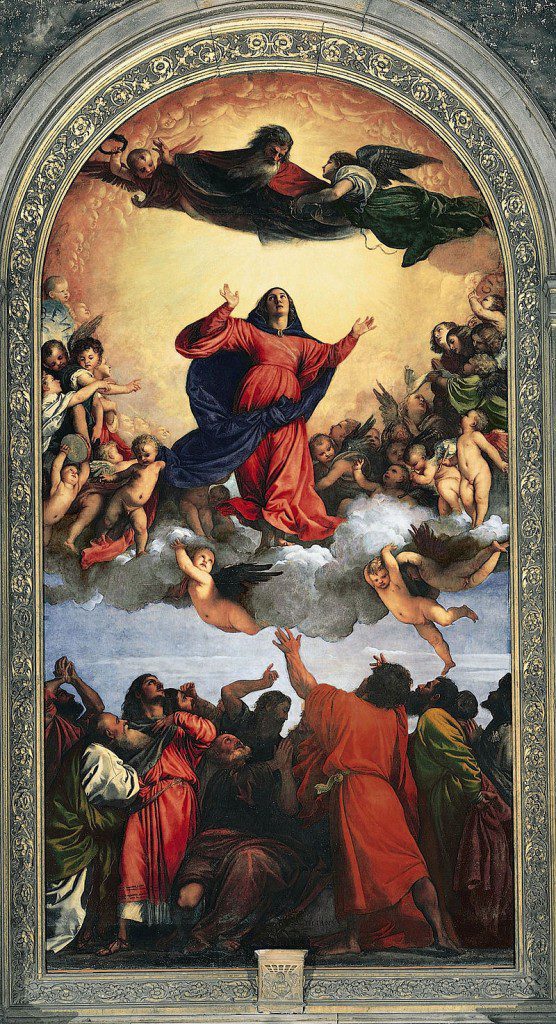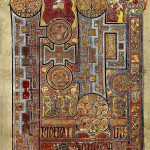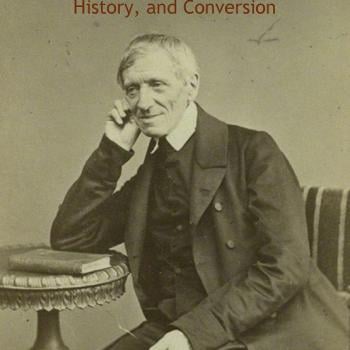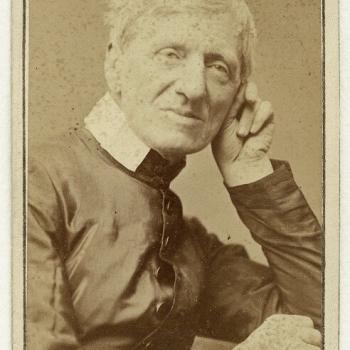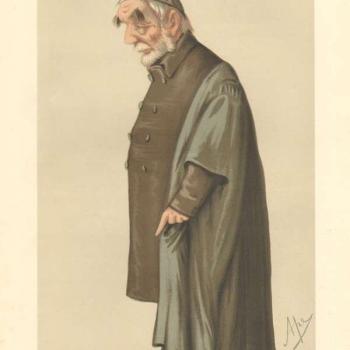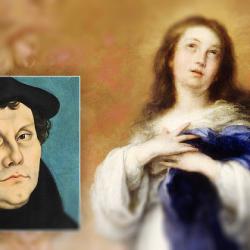Titian’s Assunta (1516-1518) [public domain / Wikipedia]
***
I believe that the Bodily Assumption of the Blessed Virgin Mary can be inferred from Scripture based on the consequences of the Immaculate Conception, which is directly taught in its essence (sinlessness) in Luke 1:28 (looked at very closely in the Greek). If the Blessed Virgin Mary was not subject to original sin, then she would not have to suffer bodily corruption, and that is the Assumption: received bodily into heaven and resurrected (whether she died or not, which is not defined), without going through the usual process that we all go through.
Claiming that the Assumption can be deduced from Scripture is a stronger claim, and much more difficult to establish. In any event, we can safely say that “the Assumption is harmonious with the biblical revelation, and various biblical indications suggest it or make it plausible / possible.” All agree that it is not explicitly taught in the Bible and that it can only be indirectly established based on the biblical revelation.
Can we say (I’m thinking out loud) that freedom from corruption / bodily decay followed necessarily from the Immaculate Conception, if not the Assumption? Would that be logically the same as, say, the incorruptible saints?
Genesis 3:19 (RSV) In the sweat of your face you shall eat bread till you return to the ground, for out of it you were taken; you are dust, and to dust you shall return.
This is because of the fall and original sin. Therefore, if that is “bypassed” by the Immaculate Conception, there would be no “return to dust” or corruption, as I interpret that to mean. In other words, Scripture tells us the consequences of original sin; these would then be reversed by Mary not being subject to either original sin or the results.
Biblically speaking (if not according to strict logic), I don’t think there is anything that could cause death + bodily corruption other than original sin. In other words, we are in a supernatural / spiritual realm in the Bible that is only taught to us through revelation. In that “world” of thinking, it seems to me that there is a one-to-one relation:
1) Original sin ——> bodily corruption + spiritual death.
2) Removal of original sin, or a case where original sin never occurred —–> no spiritual death and no bodily corruption.
Death does not necessarily follow, as we see in the case of Enoch and Elijah, and the fact that Jesus died, though without sin or original sin. Thus, Mary could very well have died, and I personally believe that she did, since her Son did.
Again, according to biblical revelation (which is not all knowledge whatever), this appears to be the case. No other reason for such results is provided by the Bible, as far as I know.
See also the excellent related recent articles from fellow Patheos authors, Elizabeth Scalia, Tom Zampino, and Max Lindenman.


